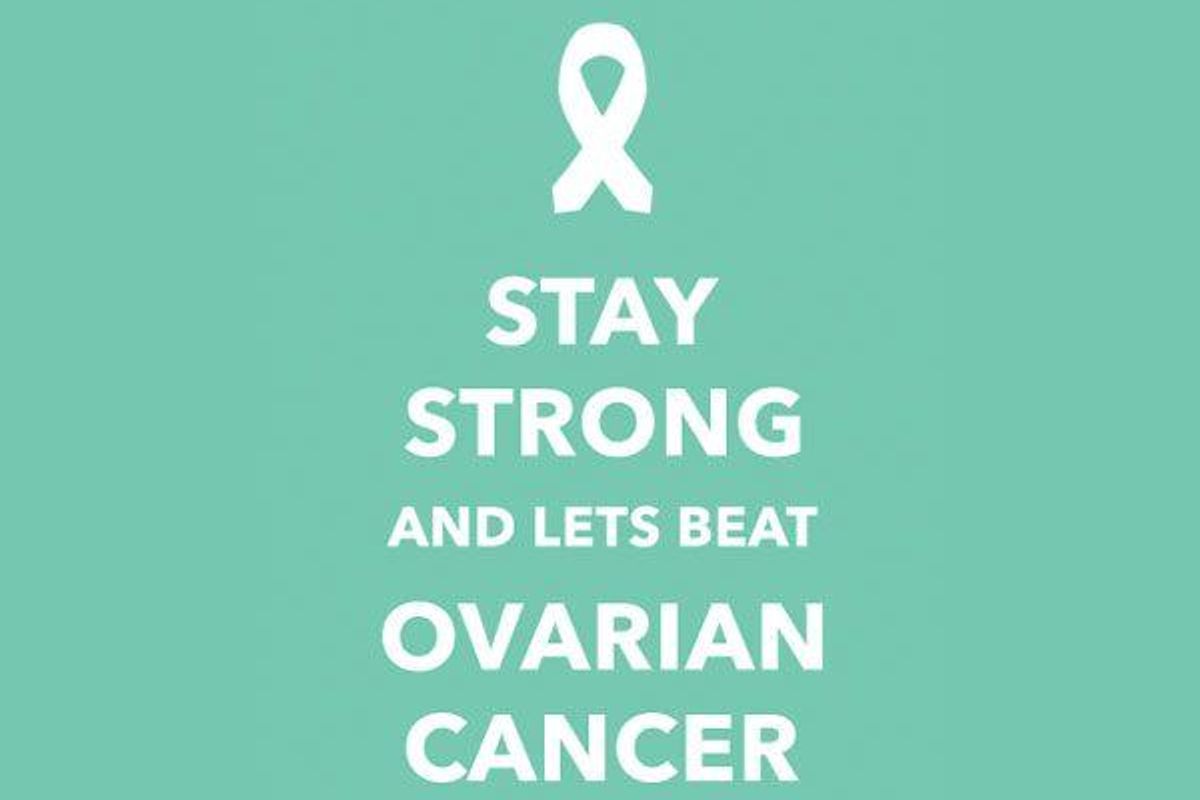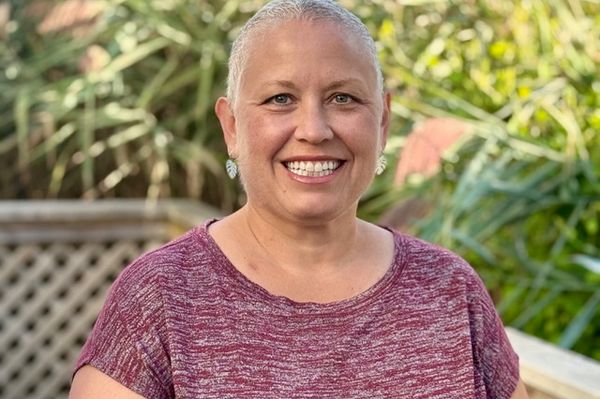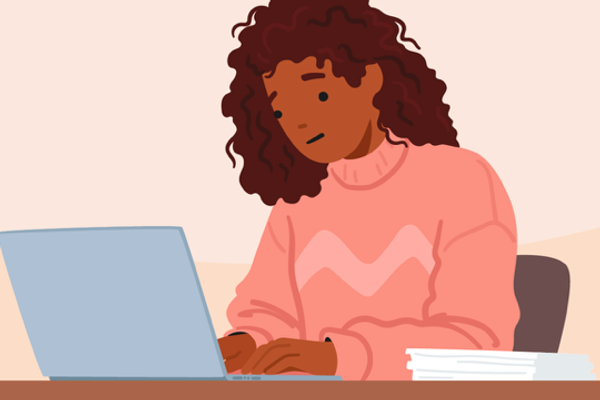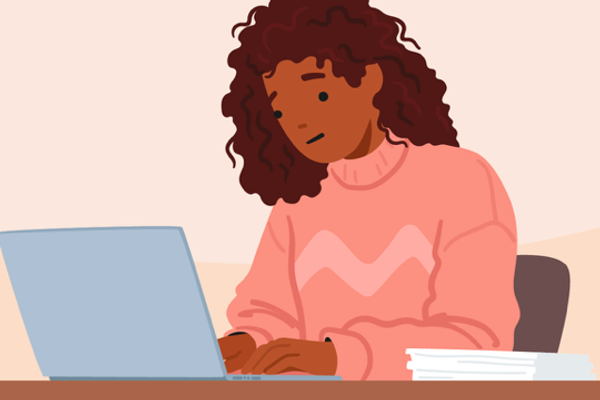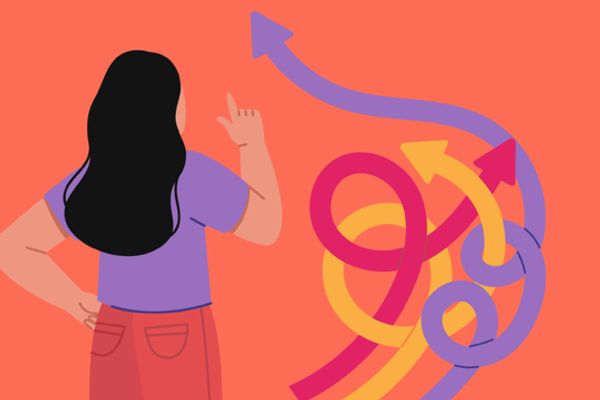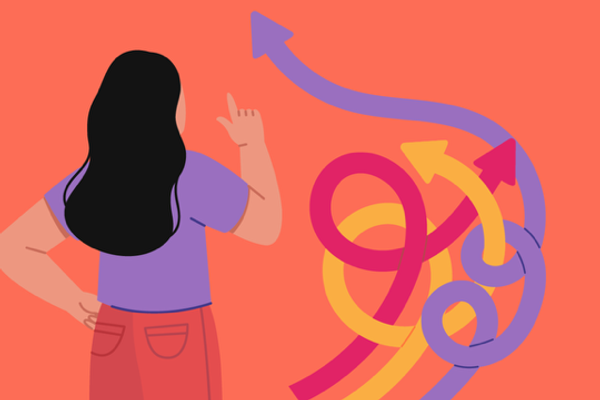Two months ago, my sister, Marie, underwent emergency surgery. They discovered cancer throughout her abdomen, including a tumor on the outside of her colon that had blocked the colon and necessitated removal of much of her large intestine. Monday she began chemo treatments. Today, she is teaching. This speaks to both her strength and the strength of modern medicine.
Just a few decades ago, the type of massive emergency surgery she had and the targeted chemo treatments she is having to fight ovarian cancer might not have been possible. Even now, my sister might have died if she had listened to the emergency room doctor who wanted to send her home from the emergency room with a stool softener.
Instead, my marvelously stubborn sister listened to her body and refused to leave. The next day she underwent the emergency surgery that removed her colon and numerous tumors and saved her life.
Marie has had many rough spots since that day, but she's continuing to fight the battle. Going back in the classroom to teach English and journalism to her high school students is testament to her big heart and strong will.
Here are a few of the practical lessons we've learned along the way:
Listen to your body. In hindsight, Marie realizes she had some early symptoms of cancer at least a few months before her emergency incident. She was extremely tired, had persistent heartburn and indigestion and had one painful bout of abdominal distress that went away after a couple of days. She talked to her personal physician about some of these symptoms, but they both failed to recognize them as anything other than normal aches and pains. I don't fault either of them, because she didn't have anything extremely out of the ordinary, but it is a reminder to pay attention to our bodies and not accept as normal things that seem abnormal to us.
Always have an advocate. I've blogged about this before, but it bears repeating. You may be too sick or too distraught to totally be on top of everything your health care providers are telling you. If at all possible, ask a friend or family member to be with you in the hospital and at doctor appointments.
Take notes or record it. My sister's 30-something daughter, who has been her primary caregiver throughout this ordeal, was smart enough to use her phone to record sessions with Marie's oncologists. Then she typed up notes and shared them with Marie, me and the other caregivers. Turns out, that was important because when my sister went to get her first chemo treatment, they almost gave her the wrong drugs. She had read the notes and knew that there had been a change in the drugs the oncologist planned to use. So, she was smart enough to ask and to insist they go back and check the most recent orders.
Insist on getting what you need. After my sister was released from the hospital and rehab, her insurance company denied her request for home health care. They couldn't find an ostomy nurse available in the county where she lives. (Who knew there was such a shortage of ostomy nurses? But that's a story for another day.) She was supposed to go to a local clinic for assistance with her ileostomy, but wintry weather and scheduling difficulties made that impractical. She continued having difficulty with her ileostomy bag, so much so that she was becoming afraid to go out. Finally, nearly six weeks after her surgery, she was approved for assistance. We drove about an hour to see an ostomy nurse, but it was worth it. The things we learned in that 30-minute visit saved my sister from much pain and the possibility of becoming housebound. The ostomy nurse corrected some of the incorrect techniques we'd been shown in the hospital and set Marie up with the supplies needed to make the process much easier and more secure. Now Marie can manage it by herself and is confident enough to go back to work and lead an active life. What a difference the right advice and the right supplies can make!
Stay active and stay positive. Before my sister started chemo, her health care providers told her she'd likely experience the can't-lift-your-head-off-the-pillow fatigue. And she may experience nausea, a metallic taste in her mouth that makes her not want to eat and, possibly, bone pain. Marie knows and understands these things, but she's taking the approach that she's going to do as much as she can for as long as she can and hope for the best. She continues to go out to eat, keep up with her chores, go to physical therapy, visit with friends, go to the movies and even travel a little. Returning to teaching a few days a week wears her out, but she wants to make sure her students learn something this semester. She may fall asleep in the evenings, but she'll get up and go again the next morning—for as long as she's able.
None of us know how this will turn out. If all goes well, the chemo will reduce the size of the remaining tumors in her abdomen. In about three months, her oncologist will do another surgery to remove what's left of the tumors and may implant some intra-abdominal chemo. More chemo treatments will follow. Then, if we're lucky, the cancer will be gone.
If not, thanks to her good health and attitude and modern medicine, Marie may still have many good years ahead of her. And, hopefully, she'll continue to listen to her body and speak her mind and get the most out of every day!

